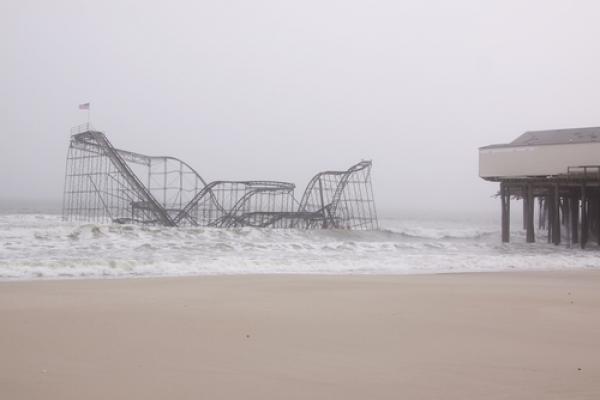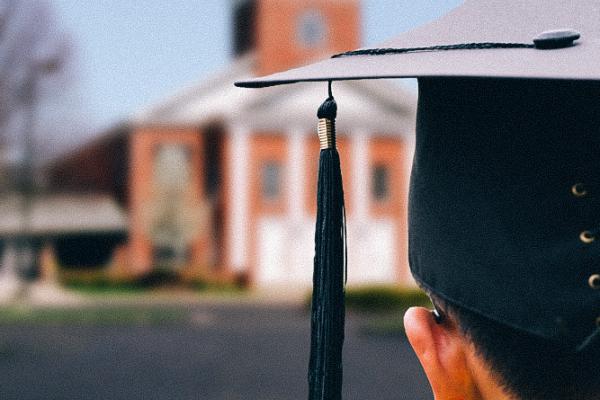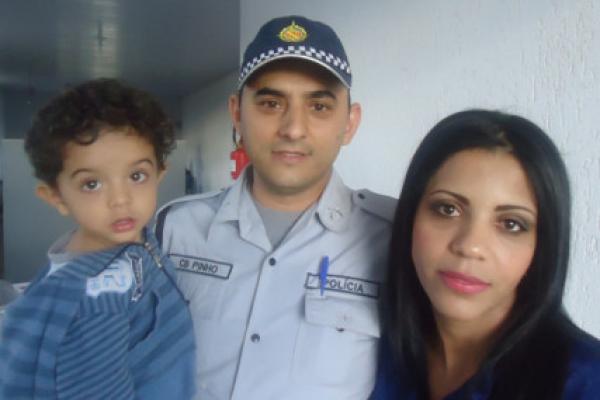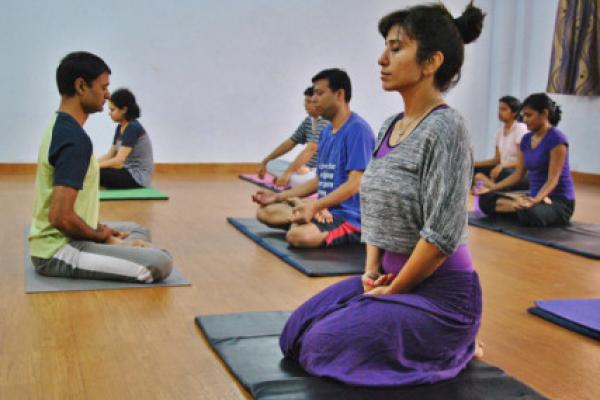This week marks the one-year anniversary of Hurricane Sandy, the superstorm that decimated metropolitan areas of the East Coast last fall.
Damage from the storm resulted in more than 100 fatalities, with an estimated loss of $65 billion. Thousands of homes were lost, and millions were without power for days. Thousands of flights were canceled along the eastern seaboard, and multiple public transit services were suspended, including Amtrak and New York City’s bus and subway system. Even the U.S. economic structure ground to a halt, with NASDAQ and the New York Stock Exchange closing to buckle down before the deluge.
One year later, we reflect on reconstruction efforts post-Sandy. We also pause to assess the role of climate change, exacerbated by human actions, in the creation and severity of the storm.
A few weeks ago, I asked folks on Twitter, and specifically, my colleague Amy Simpson, who has recently published a book on mental illness and the mission of the church:
What do you think about the way people use words like “bipolar,” “crazy,” and “manic” when they really mean “moody,” “energetic,” “quirky” and even “fun?"
It’s part of a pattern I’ve noticed lately — and maybe you’ve noticed it too.
People with beautiful head shots, flawlessly designed websites, and enviable accomplishments insist that they are really just a ‘mess.’ Or that their families are ‘crazy.’ Or that their homes and lives are every bit as complicated and frustrating as everyone else’s … meanwhile, their Instagram feeds show nothing but beauty; if ‘chaos’ is there, it’s only ever of the picturesque kind.
There are no birdcages sprouting stalagmites and stalactites of bird droppings. There are no snotty-nosed, unwashed, half-dressed, hungry children who’ve never visited a dentist in their lives. There is food in the fridge and on the table, and it isn’t even growing mold or crawling with roaches or undulating with maggots. In fact, it’s from Trader Joe’s and may even be organic! There is no broken glass or police officers showing up because the neighbors heard screaming. There is electricity and running water and indoor toilets.
Yeah, there’s raised voices and tempers and conflicts. But that makes you human. Not crazy. Not dysfunctional. Not “a mess.”
In a world where people are craving inspiration, growth, and information, many churches maintain a cyclical pattern based on redundancy, safety, and closed-mindedness. Unfortunately, many pastors and Christian leaders continue to recycle old spiritual clichés — and sermons — communicating scripture as if it were propaganda instead of life-changing news, and driving away a growing segment of people who find churches ignorant, intolerant, absurd, and irrelevant.
As technology continues to make news and data more accessible, pastors are often failing to realize that they're no longer portrayed as the respected platforms of spiritual authority that they once were.
Instead of embracing dialogue and discussion, many Christian leaders react to this power shift by creating defensive and authoritarian pedestals, where they self-rule and inflict punishment on anyone who disagrees, especially intellectuals.
It was a strange, but telling, spectacle when those who billed the government millions for working on its Affordable Health Care registration system denied any accountability for the portal’s astounding failure.
“The other guy did it,” as they say in court. The client kept changing specs, no one did any whole-system testing, other vendors are to blame — blah, blah, blah.
Whatever shred of truth lay in their blame-shifting ran up against another wall of non-accountability. The Republicans did it with their insane sequestration, said Democrats. The Democrats did it, said the GOP. Health and Human Services did it. The Oval Office did it.
In the end, of course, no one will accept accountability, for we live in an age when the “buck” never stops on one’s own desk, if it stops at all.
Amid concerns about police brutality, Brazilian military police officers are taking Bible study classes during their working hours to help them deal with stress and improve their personal and family lives.
The initiative teaches officers how to apply biblical concepts to everyday family matters and encourages them to search for biblical examples that give advice, guidance, and solutions about family issues, including how to rear children, handle finances, and build personal relationships.
The Moral Education Program was launched as a three-month pilot project in the capital Brasilia by the Federal District Military Police in partnership with the Sao Paulo-based University of the Family. More than 150 officers applied to join the project but only 70 have been selected to attend the two-hour weekly sessions because of limited space.
The Supreme Court of India is weighing whether yoga has a religious element, as it decides if public schools may teach the ancient discipline in the country where it originated.
India’s school policy considers yoga an integral component of physical education. But the court has expressed caution, and is considering arguments that yoga has a religious component. The issue is complicated because India is a secular democracy but has pockets of Hindu nationals who would like to force their way of life on others.
“Can we be asking all the schools to have one period for yoga classes every day when certain minority institutions may have reservations against it?” the court asked Oct. 18, referring to Christian and Muslim groups.
Experienced as the Butlers were in suffering and loss, they were not prepared for the technologically enhanced torments of old age.
Knocking on Heaven's Door tells what can happen when a person's mind and body endure a series of shocks that would naturally lead to decline and death — except that, through various technological interventions, the body is not allowed to decline along with the mind.
In Professor Butler's case, a major stroke wiped out most of his ability to function independently and set him on the road to dementia. At the same time, his heart was slowing down. A year after his stroke, over the opposition of his primary care physician, Butler was fitted with a pacemaker. His cardiologist strongly recommended it. He needed hernia surgery, the doctor said, and his heart was not likely strong enough to survive the operation. So he had the pacemaker installed, he had the surgery, and he was rewarded with another six years of increasingly hellish existence — not only for himself, but also for his wife and his daughter. His mind was shot. His body would not do what he wanted it to do. But his artificially assisted heart kept relentlessly ticking away.
When he died on Nov. 22, 1963 hardly a soul blinked in Northern Ireland where he was born or in England where he spent most of his working life as one of the world’s greatest Christian apologists.
Clive Staples Lewis was a week short of 65 when he suffered a heart attack at his home in Oxford. The obituary writers barely noticed his demise, in part because he died on the same day that President John F. Kennedy was assassinated in Dallas.
British indifference to Lewis half a century ago will be examined at a one-day seminar at Wheaton College on Nov. 1, co-sponsored by the Marion E. Wade Center, the Institute for the Study of American Evangelicals and Wheaton College’s Faith and Learning program.
Lewis may be the most popular Christian writer in history, with millions of copies of his books sold, the vast majority in the United States where his influence is far greater than in his native country.
Was it Lewis’ modesty or British fear of discussing religion that fueled such indifference in Britain and Ireland?







